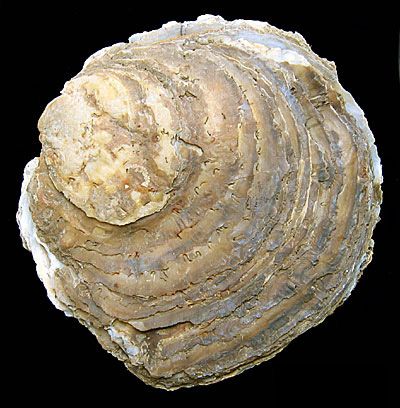Advancing evolutionary biology
The role of phenotypic plasticity (PP) in driving the genetic evolution of a species has attracted much interest. An EU initiative studied a non-native marine species to determine if PP facilitates genetic evolution.
PP — the ability of an organism to modify its traits in response to
environmental changes — is pervasive in nature and may accelerate,
hinder or have little effect on evolutionary change. Changes to an
organism's characteristics include morphology, development, and
biochemical or physiological properties and behaviour.
To understand how PP may affect marine environments, the EU-funded
'Biological invasions in marine ecosystems – The role of phenotypic
plasticity' (ALIEN SPECIES) project set out to investigate the Pacific
oyster. The species was introduced to Scandinavian countries for
commercial purposes about 40 years ago.
The generated knowledge will be key to gaining further insights into
the negative impacts and disruption of invasive or non-native species
on habitats and bioregions. Another undesirable effect is genetic
pollution, gene flow from invasive species to indigenous ones.
Scientists examined what produces PP, its outcomes on the oyster in
Sweden, evolution in snails and slugs, and the harm it causes as well as
its limitations.
When aquaculture operations were suspended, the oyster population
was believed to have disappeared since the waters were not conducive to
their survival. On the contrary, the oysters have thrived in Denmark,
Norway and Sweden over the past 10 years.
Research findings indicated that their traits had evolved, allowing
the species to adapt to varying conditions. The oyster was a product of
hardwired developmental processes together with external environmental
factors. Scientists also examined how the oyster affected and
transformed the animal life of the region and the marine ecosystem.
The team assessed the features and benefits of two new methods that
have been developed to study PP. In addition, it held a symposium that
gathered PP experts from around the world.
ALIEN SPECIES advanced knowledge of PP as a key mechanism in
enabling organisms to cope with and respond to change. The importance of
the outcomes will also be seen in the research domains of developmental
biology, ecology and evolution.
published: 2015-03-27
